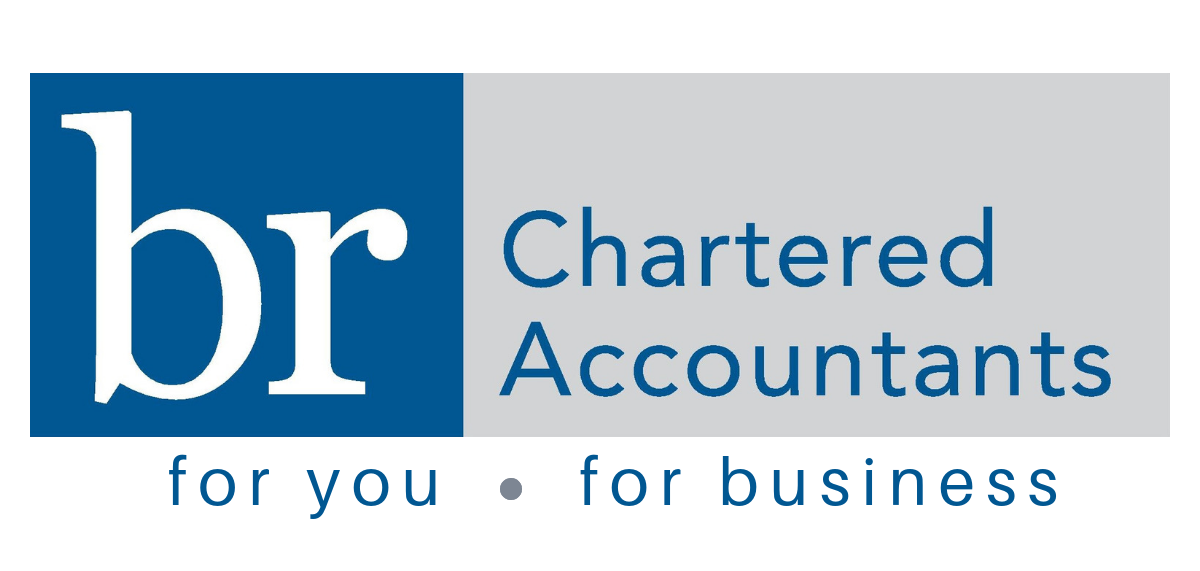So you’ve got a business idea, a solid business plan with a validated sales forecast, but how will you fund the start-up?
Broadly speaking there are two ways to fund a new business.
Debt – this is borrowing money that will usually be paid back with interest.
Equity – We have all seen Dragon’s Den, well this is where you sell a percentage of your business in return for investment in it.
Let’s look at Debt in more detail:
Debt usually comes from banks and finance companies. As a general rule, most businesses choose debt rather than give away a proportion of their business.
Debt financing is relatively easy to find, as long as you have a full business plan, have done your research and your numbers are achievable then securing finance should be straightforward. It’s also simple to budget the interest on your debt. The other obvious benefit compared to equity is that you retain control of your own business and retain the profits.
A consideration when it comes to debt financing is that banks usually prefer proven business models and so if you have a very innovative idea that is yet unproven this may be a trickier route. Speaking to an accountant will help you to ensure you have everything to need to secure debt financing.
What is Crowdfunding?
What is Crowdfunding?
Crowdfunding is a way to raise money by pitching an idea, typically online to a large number of people who each contribute a small amount. It can get you access to all types of funding including:
Equity: You put forward your idea and offer shares in the business in return.
Presales: You could ask for pre-orders. You’ll need to state how many orders will be required for you to launch your business. Once you receive enough presales, you will be expected to launch the business.
Debt: You can use crowdfunding sites to ask the community to loan you the startup money and pay interest.
Crowdfunding isn’t as straightforward as pitching your idea and getting the money – it’s a bit like social media or a popularity contest. You will need to market your idea and network to be noticed.
Are there alternatives to banks?
The easy answer is yes. You could explore other options such as friends and family loans or crowdfunding.
If you borrow from friends or family it is best to ensure you still have something in writing to avoid any disagreements later on. Being clear on how much is being borrowed, what it will be spent on, what interest will be charged and when it will be repaid are worth detailing in a document between the two parties.
How about Equity?
Equity financing is where you sell a proportion of your business in exchange for investment in your business. You will need to confidently represent your business and speak about your numbers. The benefit of having an investor on board can be strategic guidance, access to investor networks and an opportunity to finance a less proven more innovative idea.
It’s worth considering though that the investor will have some control over the business, and profits will need to be shared.

